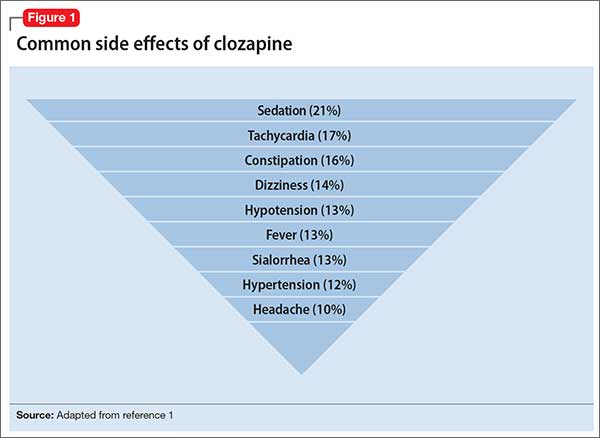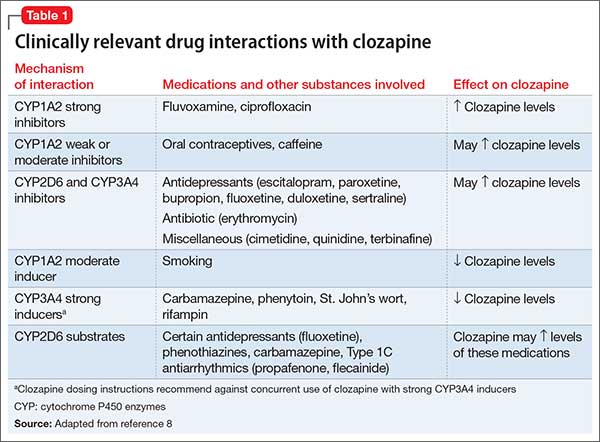clozapine side effects
Clozapine, commonly known as Clozaril, is an antipsychotic medication primarily used for treatment-resistant schizophrenia and to reduce the risk of recurrent suicidal behavior in patients with schizophrenia or schizoaffective disorder. However, it is associated with a range of potential side effects, some of which can be severe.
Common Side Effects
Patients taking clozapine may experience several common side effects, including:
- Drowsiness
- Dizziness and lightheadedness
- Headache
- Trembling (tremor)
- Fast heart rate (tachycardia)
- Low blood pressure (hypotension)
- Fainting
- Drooling and excessive sweating
- Dry mouth
- Weight gain
- Salivary hypersecretion
These side effects can often disrupt daily activities and require careful management (source: Cleveland Clinic, Drugs.com).
Serious Side Effects
More serious side effects include:
- Agranulocytosis: A potentially life-threatening decrease in white blood cells, increasing the risk of infections.
- Inflammation of the heart muscle: This can lead to complications and requires monitoring.
- Seizures: Increased risk, which necessitates vigilance, especially in certain patient populations.
- Myocarditis and cardiomyopathy: Heart-related issues that can arise from clozapine use (source: StatPearls - NCBI Bookshelf, MedlinePlus).
Other Considerations
Patients on clozapine should have regular blood tests to monitor their white blood cell count due to the risk of agranulocytosis. Additionally, given the impact on the cardiovascular system, monitoring for symptoms like low blood pressure and slow heart rate is important (source: Teva Clozapine, Drugs.com).
In summary, while clozapine can be an effective treatment for severe psychiatric conditions, it comes with a significant risk of side effects that require careful consideration and monitoring by healthcare providers.
Sources


Related Questions
Work fast from anywhere
Stay up to date and move work forward with BrutusAI on macOS/iOS/web & android. Download the app today.
